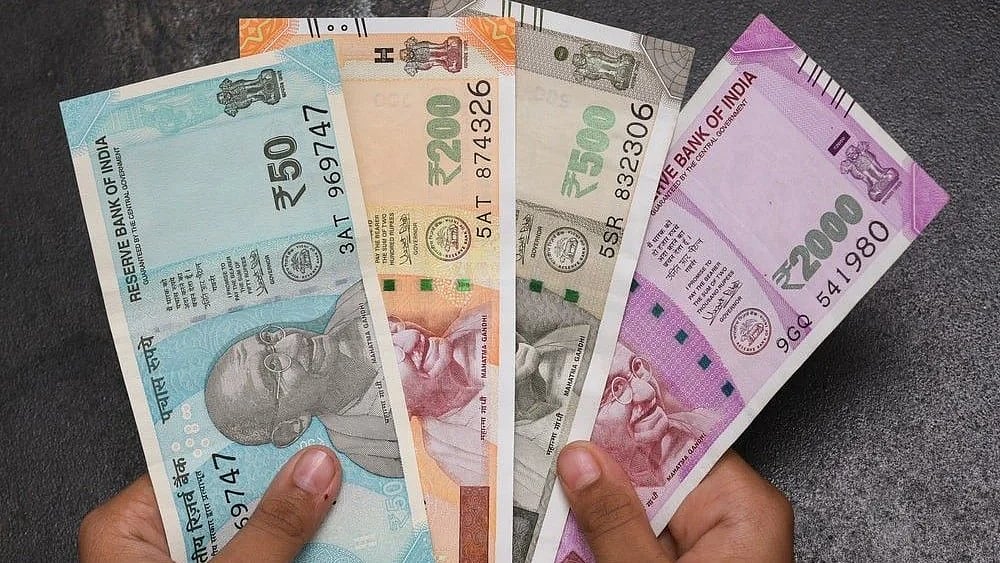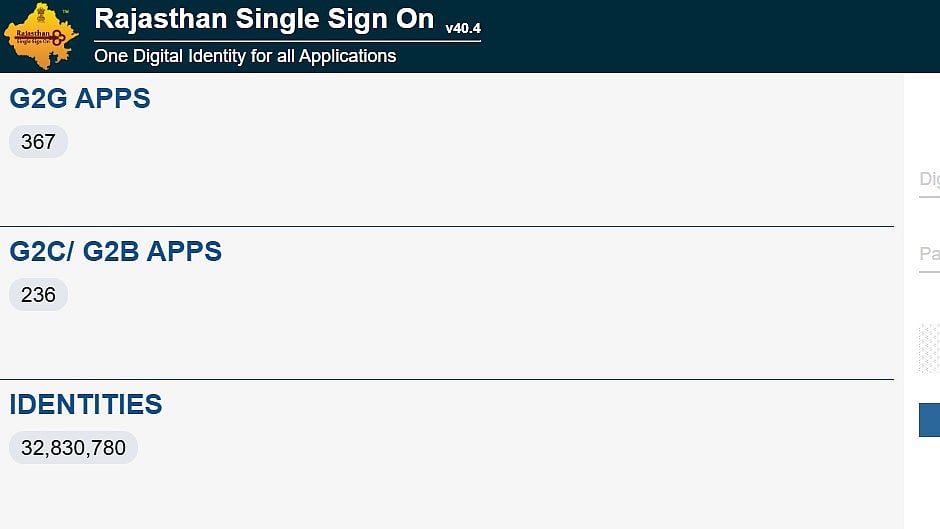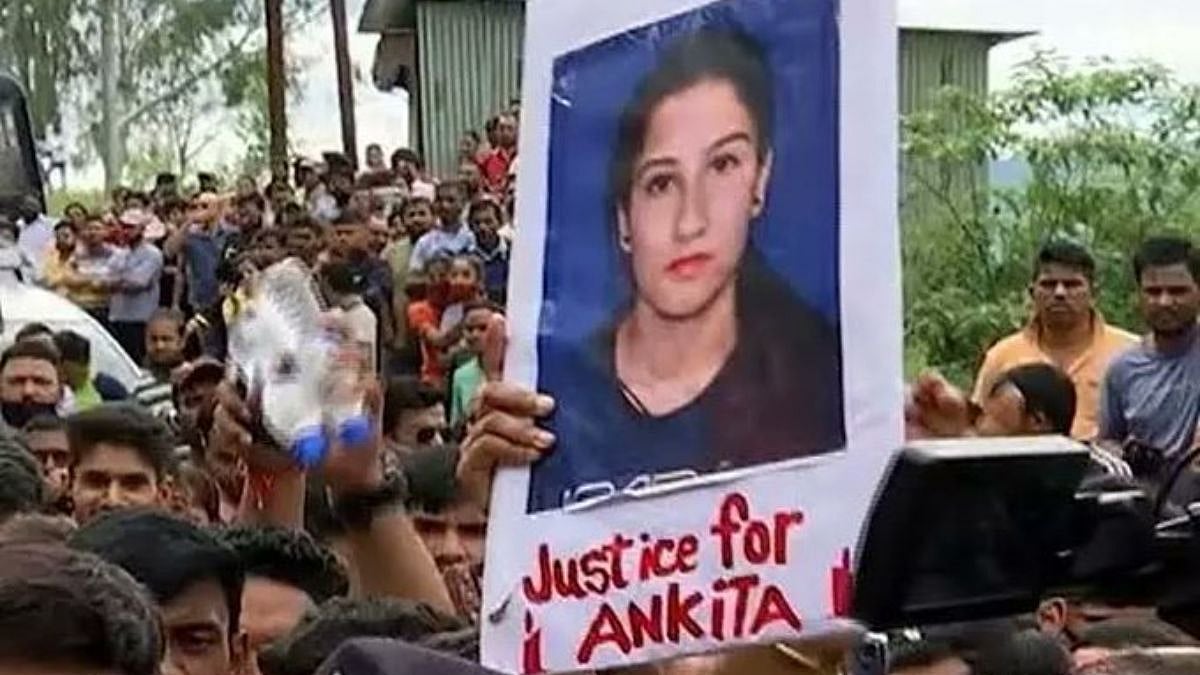A survey conducted in 2017 showed that 197 million Indians have some kind of mental illness —this indicates that 1 in 7 Indians has a mental health issue. The burden of mental illness has increased from 2.5% to 4.7% of the total disease burden. Suicide rates in India are among the highest in the world, and for youth between 15-29 years of age. Still, India’s National Mental Health Survey reports a treatment gap of 83% for all mental disorders. In low- and middle-income countries, people under-report mental issues due to ignorance and stigma (fear of discrimination).
People are reluctant to take treatment for mental health ailment. In my 15 years of practice, I have seen patients visiting me after a gap of year. Patient says, “I was advised to visit you but I did not, as I thought I will overcome it or I thought it is not much of a problem.”
Living with a disease, or having a dysfunctional life due to a mental ailment, is more acceptable to many rather than getting diagnosed or getting treatment for the mental ailment. Hence many do not want to get treated. Many prefer to visit a neurologist rather than a psychiatrist, due to shame. Some consult a psychiatrist but want only counselling and not medication. This stigma is present not only about psychiatric illness but also about medications and psychiatrists themselves. Most people with mental illness labour under the popular misconception that they are dependent on medication. They want to be better without medicines, but that is an intractable task.
In general people are more likely to take help for physical illness but want to struggle on their own with mental illness due to shame.
One example: Dipak became extremely violent at father, threatened to hit him. His father could not stay with him. Dipak was admitted to hospital for his Bipolar Mood Disorder. His father would ask me to keep him in the mental asylum all his life long. Dipak is just 30, and single. When in remission Dipak would work well, and take care of his father. During exacerbation of the illness, he would get violent with his father and would abuse him. Hence his father perceived Dipak to be violent. However, his father was made to understand that violence is a part of the symptoms of the disease. With treatment, Dipak would become better and would care for his father. Then his father understood the illness and gave up his insistence on long-term hospital admission.
Like Dipak's father, many in society perceive mentally ill patients to be violent. The violence or aggression is a part of the symptoms which are expressed in the acute stage of illness. Many express their sympathy for mentally ill patients, but very few help them to take treatment and lead a better life. Hatred, annoyance, disgust, anger and fear are the feelings expressed by people in society towards mentally ill people — whereas almost everyone is sympathetic towards, say, a cancer patient. Barring a few NGOs, no one comes forward to admit or take a wandering mentally ill destitute to a hospital in general, and a mental health facility in particular.
Due to these various expressions, people may not offer them a job, they may not want them in their neighbourhood. They fear that their own mental health will detoriate if they are in contact with a mentally ill patient. I have observed strange thoughts in the relatives of mentally ill patients. When these relatives have to admit their patient to my hospital, they will ask me, “Doctor, being in the hospital and with other mentally ill patient, will our patient detoriate?”
Such is the stigma about other mentally ill patients, even if you have a patient in your own family.
A study was conducted in India in society to know the perception of mental illness in society. It found that people think of a mentally ill person as crazy, stupid, retarded, careless, irresponsible or mad. This is the stigmatisation of mental illness. Very few people understood that sadness, grief, anxiety, not able to connect with others are the symptoms of mentally illness. These words show awareness of mental health.
Dipak's brother and sister in law could not tolerate his behaviour. They decided to move out of the house. His father also supported them on the pretext that their life would be better. It's easier to understand that all the family members of Dipak had given up hope of recovery in Dipak. Sometimes, the illness has a chronic course of remmiting and relapsing. I see many such families like Dipak's. Through the caregivers’ group, we try to address many such issues. Staying away from a mentally ill person may give you some peace, but it is important to focus on his treatment and social integration. On account of this behaviour, many families abandon their patients. I came across many such patients in regional mental health care facilities where doctors and mental health workers are struggling to reunite the patients with their families.
Stigma and discrimination can contribute to worsening symptoms and reduced likelihood of getting treatment. A recent extensive review of research found that self-stigma leads to negative effects on recovery among people diagnosed with severe mental illnesses. Another study found that greater self-stigma was associated with poorer recovery from mental illness after one and two years. A Lancet article suggest that impacts of stigma are pervasive, affecting political enthusiasm, charitable fundraising and availability, support for local services and underfunding of research for mental health relative to other health conditions.
In India, finanancial provision for mental health is always neglected, adding stigma and discrimination to mental health. The 2023-24 financial budget did not mention any provisions for mental health. However, in 2022-23 the Finance Minister mentioned pandemic-related mental health ailments and provided a meagre 0.8% of the total health budget which itself is just 2.18% of India's GDP. The National Mental Health Programme (NMHP) has been launched in 1982 in compliance with WHO's recommendations. India become a major developing country to do so. This programme has gone through several strategic revisions, without a proportional increase in funding status. Mental health continues to remain neglected and discriminated against.
Mental health is not a priority in the Union health budget. The mentally ill are looked down upon in society. They are refused jobs, discriminated against at workplaces. Their own families couldn’t care less for them. And yet, mental health should be a top priority, because the saying is, ‘Mens sana in corpore sano’ – A sound mind in a sound body.
Dr Shailesh Umate is a consultant psychiatrist, sexologist and addiction specialist, whose mission is spreading awareness about mental health and well-being









